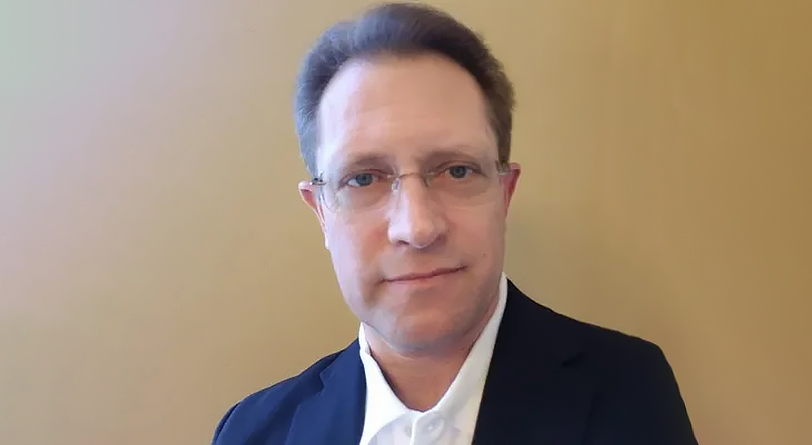Professor Says Full Plastic Recycling Could Be Within Reach

Bruce Welt, Ph.D., has been perfecting methods to recapture plastics for years and suggests that the processes could revolutionize the recycling industry. As a professor in the packaging engineering program at the University of Florida, Welt has been working with regenerative robust gasification that first converts post-consumer waste into synthesis gas. The gas is then converted into methanol—Eco-Methanol™—that then becomes a versatile feedstock chemical used to make new products, plastics, and packaging.
Basic Concept Isn’t New
The key aspects of the process are being used commercially today in China, Welt says. But instead of waste, China is using coal.
“The key difference is the design of the gasifier,” Welt says. “Coal gasification is well established commercially. Robust gasification of mixed waste has only recently become a commercial reality, and we expect a lot of iterations from here to improve process efficiency.”
In the U.S., airlines are investing in converting waste into jet fuel as part of their sustainable aviation fuel initiatives, he says. However, the process is only circular for waste of biological origin because the jet fuel is burned.
Packaging Industry Can Benefit
Welt insists that the vertical packaging industry must embrace robust recycling processes. “If we are going to have any chance of improving plastics recycling rates and achieving our recycled content pledges,” he says.
“Whether we realize it yet or not, our industry is in competition for the waste stream. If we don’t start demonstrating demand for materials produced from post-consumer recycled feedstocks such as Eco-Methanol, we may never achieve real circular economy sustainability. And that would not only be a terrible shame but a colossal waste of time and money playing the silly recycling whack-a-mole games we’ve been playing for decades,” Welt says, who was one of the judges in the 68th Annual Flexible Packaging Achievement Awards Competition for 2024. The awards will be announced during the Flexible Packaging Association’s Annual Meeting being held March 20–22 in Tucson, Arizona.
Investments Needed
Hefty financial investments will be needed, but the funds and the interest are there, he says. The packaging industry must be able to demonstrate the process at scale as the airline industry has done, he also says.
Welt’s efforts have led to the grassroots formation of the Consortium for Waste Circularity. It is a 501 (c)(3) packaging industry stakeholder organization committed to supporting outreach, education, and research related to regenerative robust recycling, he says.
The consortium has been directly supporting Welt’s work and is seeking to expand the reach globally, he also says.
Every company related to the packaging industry should join the consortium, Welt suggests. “We need organizations willing to fight for solutions that make sense for our industry.”
Great Potential for Packaging Industry
Welt has been running robust gasification trials for packaging industry stakeholders for several years.
“We have yet to find a plastic material that we could not convert into high-quality syngas,” he says. “What this means is that we can theoretically go from 9% plastic recycling to 100% using processes like this.”
Not everything needs to be gasified to meet sustainability goals, he quickly adds.
“We fully expect to integrate robust recycling into our recycling ecosystem. Doing so will improve all other forms of recycling by reducing the onus to sort waste,” he also says.
Instead of thinking about sorting all waste, stakeholders could be much more selective about what is pulled from the waste stream, he explains. Aluminum, for example, has a high value and would continue to be sorted out. But a robust system such as the Eco-Methanol process could handle all the other waste that has little or no value in being recycled on its own.
“Just putting a robust element into the recycling ecosystem allows us to take a lot of pressure off the sorting,” he says. “Once we have that robust element, we can select the materials to meet the demand of the material-specific processes, which can ebb and flow. But, at the end of the day, we as an industry need to make sure that everything is getting recycled.”
Thomas A. Barstow is senior editor of FlexPack VOICE®.


